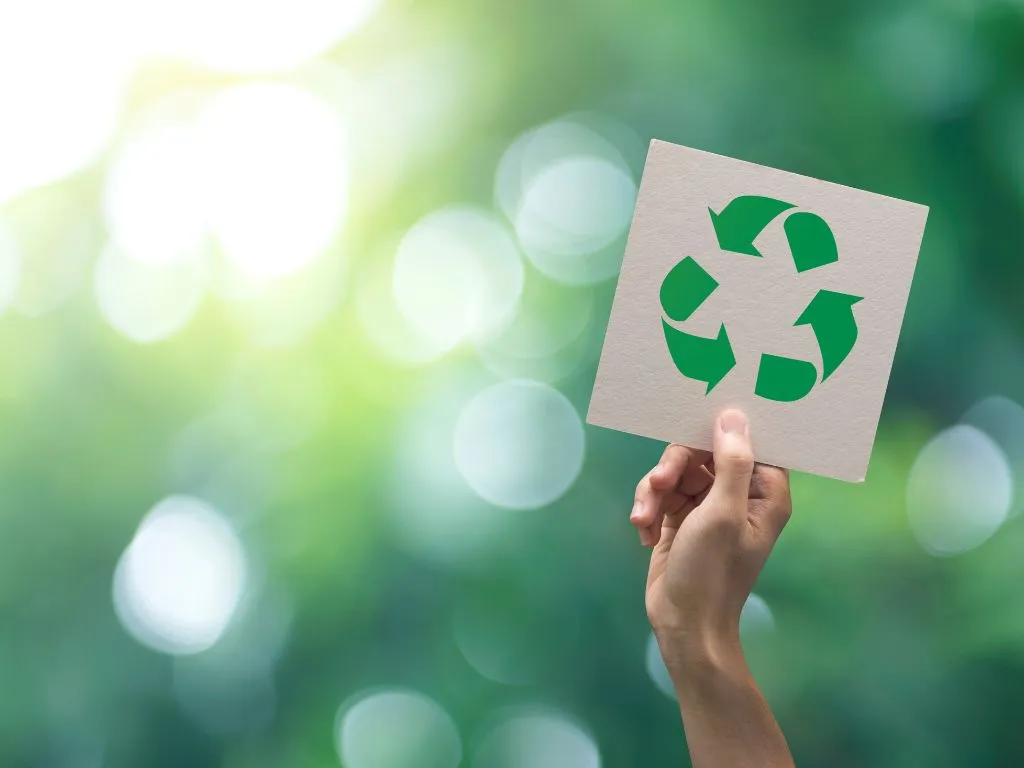- Home
- News Details
News Details

EU Implements Revised Waste Directive for Textiles and Food Waste Targets
2025-11-05 Reference source : European Union
Circular economy EPR waste Waste Reduction Waste Management
The revised EU Waste Framework Directive, which came into effect on 16 October 2025, introduces mandatory Extended Producer Responsibility (EPR) schemes for textiles and footwear and sets binding food waste reduction targets for Member States. It strengthens producer responsibility for collection and recycling and promotes waste prevention and reuse across Member States.
New Directive Targets Textile and Food Waste
The European Union’s revised Waste Framework Directive marks a major step toward a circular economy. The textile sector faces growing scrutiny due to its significant consumption of water, land, and raw materials, as well as its high greenhouse gas emissions and mounting waste. Currently, only a fraction of textile waste is recycled or reused.
The updated Directive requires each Member State to establish EPR systems in which producers fund the collection, sorting, and recycling of discarded textiles. It also mandates that all textiles collected separately must be classified as waste and sorted into reusable and non-reusable categories before shipment, reinforcing oversight under the Waste Shipment Regulation.
In tackling food waste, the Directive demands a 10% cut in processing and manufacturing as well as a 30% reduction in retail and household waste per capita by 2030. Member States must enhance prevention programs, raise public awareness, and promote food donation and innovation.
Implementation Timeline
EU Member States have 20 months to implement the revised Directive and 30 months to establish EPR schemes for textiles and footwear.
We acknowledge that the above information has been compiled from European Union.
Global Product Compliance (GPC) specializes in Global Regulatory Compliance Solutions across sectors
globally. SSS Europe, a familiar name in chemical regulatory and compliance services now formally belongs
under the umbrella of GPC Holding Sweden.
Since 2008, we have emerged as one of the leading names among Global Regulatory Compliance Service
Providers with Representation services in Europe, Asia and Middle East for respective chemical
regulations.

 Twitter
Twitter
